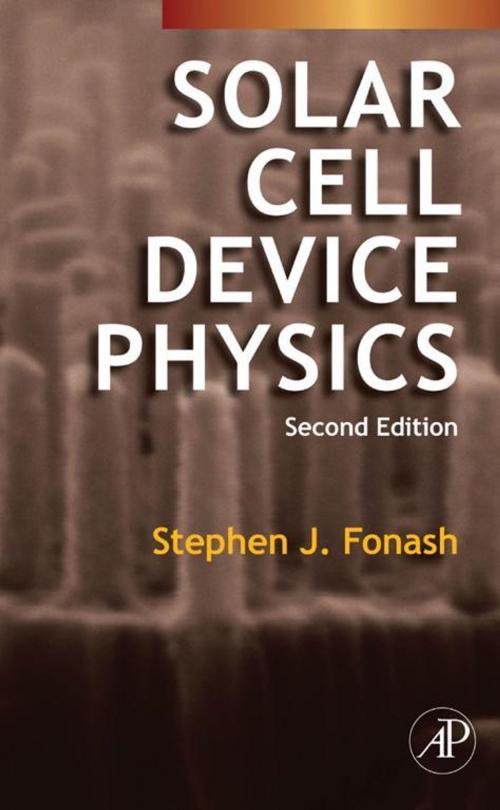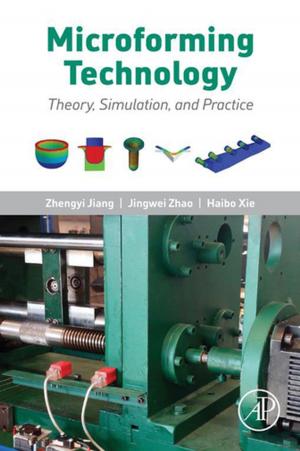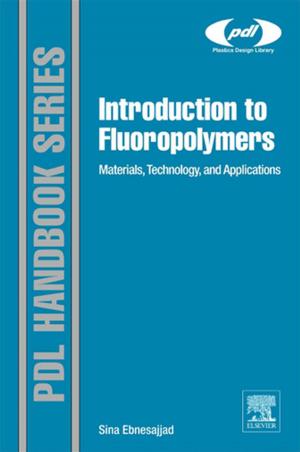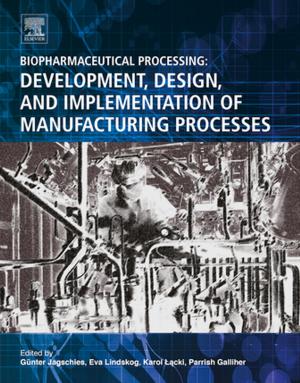Solar Cell Device Physics
Nonfiction, Science & Nature, Science, Physics, Energy, Business & Finance, Economics| Author: | Stephen Fonash | ISBN: | 9780080912271 |
| Publisher: | Elsevier Science | Publication: | June 17, 2010 |
| Imprint: | Academic Press | Language: | English |
| Author: | Stephen Fonash |
| ISBN: | 9780080912271 |
| Publisher: | Elsevier Science |
| Publication: | June 17, 2010 |
| Imprint: | Academic Press |
| Language: | English |
There has been an enormous infusion of new ideas in the field of solar cells over the last 15 years; discourse on energy transfer has gotten much richer, and nanostructures and nanomaterials have revolutionized the possibilities for new technological developments. However, solar energy cannot become ubiquitous in the world's power markets unless it can become economically competitive with legacy generation methods such as fossil fuels.
The new edition of Dr. Stephen Fonash's definitive text points the way toward greater efficiency and cheaper production by adding coverage of cutting-edge topics in plasmonics, multi-exiton generation processes, nanostructures and nanomaterials such as quantum dots. The book's new structure improves readability by shifting many detailed equations to appendices, and balances the first edition's semiconductor coverage with an emphasis on thin-films. Further, it now demonstrates physical principles with simulations in the well-known AMPS computer code developed by the author.
- Classic text now updated with new advances in nanomaterials and thin films that point the way to cheaper, more efficient solar energy production
- Many of the detailed equations from the first edition have been shifted to appendices in order to improve readability
- Important theoretical points are now accompanied by concrete demonstrations via included simulations created with the well-known AMPS computer code
There has been an enormous infusion of new ideas in the field of solar cells over the last 15 years; discourse on energy transfer has gotten much richer, and nanostructures and nanomaterials have revolutionized the possibilities for new technological developments. However, solar energy cannot become ubiquitous in the world's power markets unless it can become economically competitive with legacy generation methods such as fossil fuels.
The new edition of Dr. Stephen Fonash's definitive text points the way toward greater efficiency and cheaper production by adding coverage of cutting-edge topics in plasmonics, multi-exiton generation processes, nanostructures and nanomaterials such as quantum dots. The book's new structure improves readability by shifting many detailed equations to appendices, and balances the first edition's semiconductor coverage with an emphasis on thin-films. Further, it now demonstrates physical principles with simulations in the well-known AMPS computer code developed by the author.
- Classic text now updated with new advances in nanomaterials and thin films that point the way to cheaper, more efficient solar energy production
- Many of the detailed equations from the first edition have been shifted to appendices in order to improve readability
- Important theoretical points are now accompanied by concrete demonstrations via included simulations created with the well-known AMPS computer code















